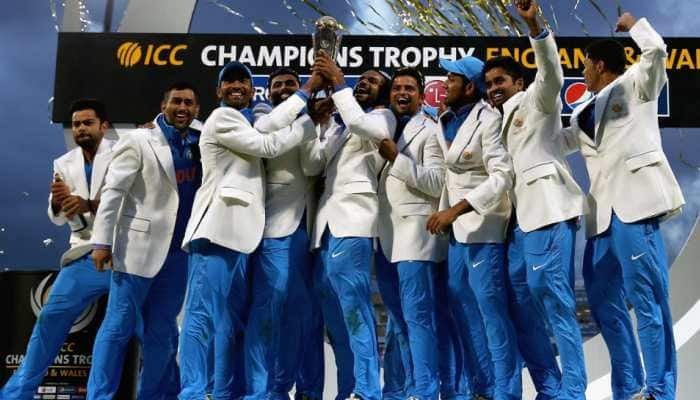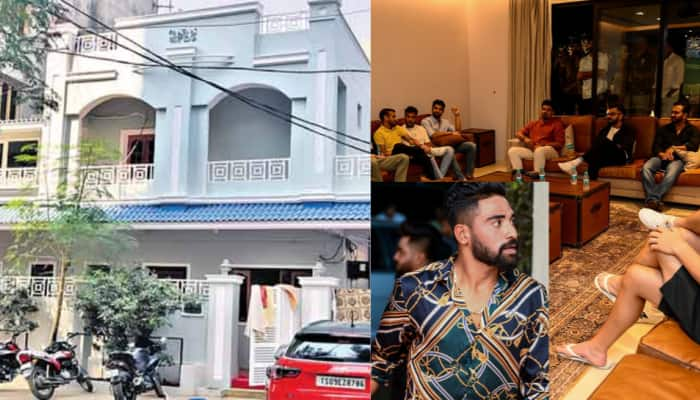Govt to introduce rotavirus vaccine by March 2016
Diarrhoea also has high morbidity rate which will be controlled with the rotavirus dose.
Trending Photos
) (Image for representational purposes only)
(Image for representational purposes only) New Delhi: The rotavirus vaccine will be introduced by March next in the government's routine immunisation programme for protecting children from diarrhoea, a move that is expected to save around 50,000 lives per year from the disease.
The Centre will also launch a three-year-long anti-measles-rubella (MR) campaign next year at a cost of Rs 1,500 crore for saving children in the age group of nine months to 15 years from all kinds of measles.
Rotavirus is a common virus that causes diarrhoea among infants and children throughout the world. Presently, more that 1.50 lakh children die in the country due to the disease every year, of which rotavirus accounts to 50 per cent of the deaths.
Additional Secretary Health, C K Mishra said the introduction of the vaccine (in March next year) will be launched in four states initially including Andhra Pradesh, Haryana, Himachal Pradesh and Orissa and will act as a "game changer" in reducing the child mortality rate.
"It will be a game changer in bringing down the child mortality as the new vaccine is expected to save more than 50,000 children per year," he said.
Diarrhoea also has high morbidity rate which will be controlled with the rotavirus dose.
"Apart from 1.50 children who die due to diarrhoea, at least two to three times of the children suffer from the disease. It not just the deaths that will be prevented but the whole gamut of diarrhoea-controlling exercise," he said.
The rotavirus vaccine introduced in the national programme has been developed by Hyderabad-based Bharat Biotech.
Mishra said government is also geared up to launch the MR campaign by next year.
Through the campaign spread across three years, immunity will be developed among large number of children against measles as government plans to replace the current measles vaccine given under its immunisation programme with the combination of measles-rubella vaccine which poses danger of disease shifting from lower age group to higher age group.
"In the new vaccine, Rubella is getting added and measles will be phased out. But before that we will have to develop immunity of the larger cohort of nine months to 15 years. This will be done through the campaign. Once the campaign is over the current measles vaccines will be replaced by the combination of measles-rubella vaccine," Mishra said.
"The cost of the campaign for three years is Rs 1500 crore which will provide a blanket coverage to children between nine months to 15 years in phase one," he said, adding that government plans to eliminate measles from the country by 2020.
Another, Pneumococcal Conjugate Vaccine (PCV), which provides protection against pneumonia, will be inducted into the universal immunisation programme by 2017, Mishra said.
"This is also a huge effort for saving children from pneumonia. But for PCV, we will take a little time. We have got the approval but cannot be introduced before 2017," he said.
The government has also completed the introduction of pentavalent vaccine this month which started in December 2011 which prevents from five disease including diphteria, pertussis, tetanus, hepatitis and Haemophilus Influenzae Type- B (HIB) which causes pneumonia and meningitis, Mishra said.
Stay informed on all the latest news, real-time breaking news updates, and follow all the important headlines in india news and world News on Zee News.
Live Tv







)
)
)
)
)
)
)
)
)
)
